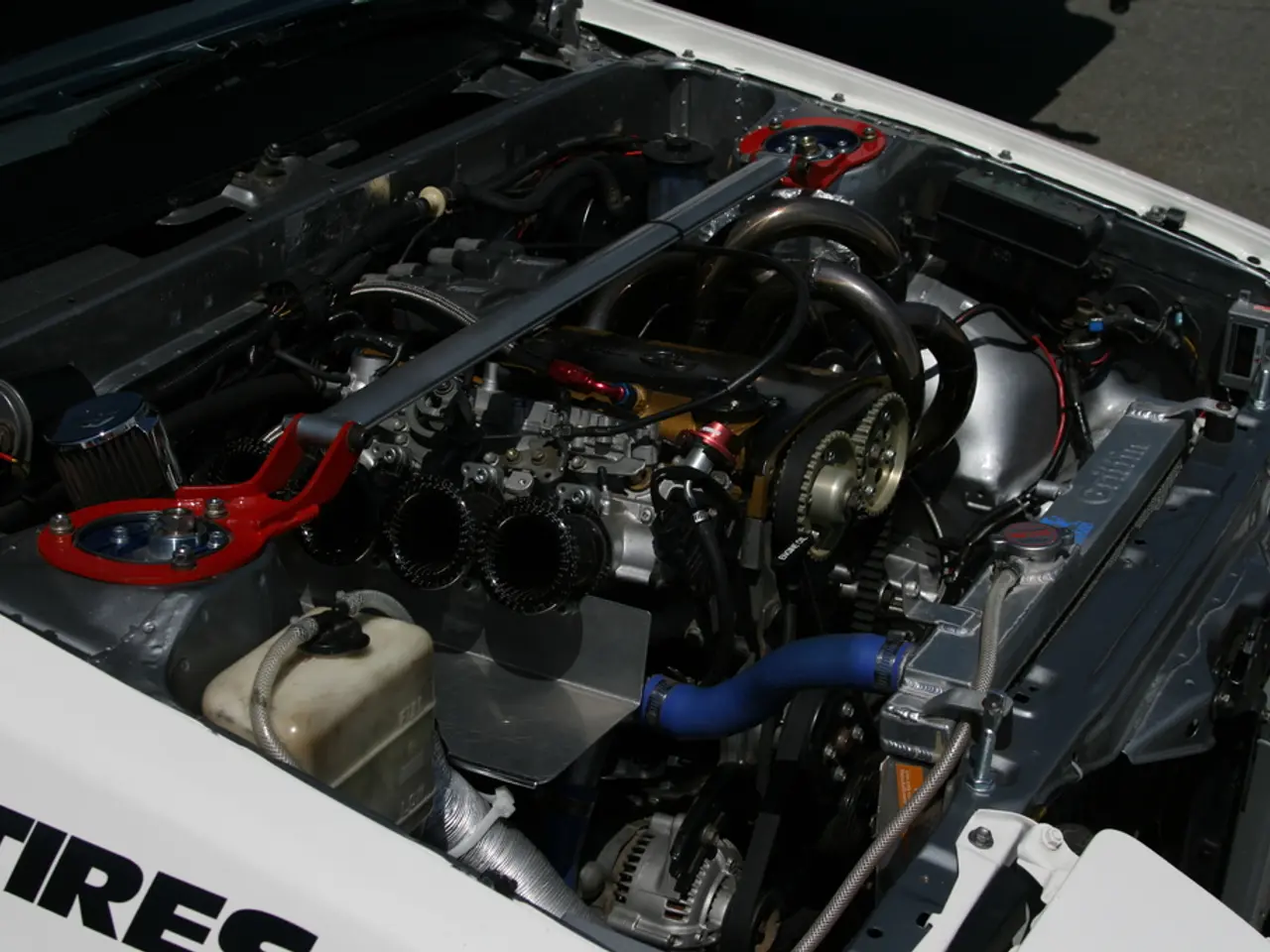Largest manufacturers of electric vehicle batteries require cleaner power grids to reduce carbon emissions, as per a new report.
A new report has shed light on the carbon intensity of electricity used in Electric Vehicle (EV) battery manufacturing, revealing that Poland, Malaysia, and China have the highest emissions among major battery-producing nations. The findings highlight the urgent need for decarbonisation targets and renewable energy adoption in the EV battery supply chain.
The carbon intensity of the national grid in China and Poland exceeds 500 grams of CO2 per kilowatt-hour, leading to higher manufacturing emissions for battery manufacturers operating there. In contrast, the carbon intensity in France is significantly lower, with NMC battery cells achieving as low as 52 kilogrammes of carbon dioxide equivalent per kilowatt hour.
China, the world's largest EV battery producer, is responsible for more than three-quarters of the batteries sold globally and over 60% of global battery-related emissions. Despite its scale, China's electricity grid still largely depends on coal, giving it a high carbon intensity around 580 gCO₂/kWh. Interestingly, the export markets for Chinese clean-energy products, including batteries, tend to have a lower average grid carbon intensity, enhancing the net emission reduction benefits of using those products abroad compared to domestic use.
The report found that the emissions intensity is highest in Poland, followed by Malaysia and then China. The production of cathode materials, a critical contributor to battery emissions, is the second major driver of the carbon footprint of lithium-ion batteries. Battery manufacturing accounts for roughly one-third of the cradle-to-gate CO₂ emissions associated with lithium-ion batteries.
Greenpeace East Asia campaigner Erin Choi urged all battery makers to set decarbonisation targets for electricity use and raw material sourcing. Only some top manufacturers such as CATL, LG Energy Solution, and Panasonic Energy have committed to 100% renewable electricity and set supply chain emission reduction targets, while others lag, especially in high-carbon grid countries.
The report recommends that policymakers and industry should prioritize siting gigafactories in regions with cleaner grids or invest in dedicated renewable energy sources for on-site power. Shifting production from China to Europe can result in emissions reductions of 32 to 60 percent, with France having the greatest benefit due to its low-carbon grid.
All top 10 EV battery manufacturers studied have established net zero targets to be reached by 2050 or earlier. Leading EV battery manufacturers Contemporary Amperex Technology Company Limited (CATL), BYD, and LG Energy Solution (LGES) have hundreds of gigawatt-hours of capacity in China and Poland.
In conclusion, the high carbon intensity of electricity used in EV battery manufacturing in Poland, Malaysia, and China underscores the need for a shift towards renewable energy sources and decarbonisation targets in the battery industry. The report's findings emphasise the potential for emissions reductions by strategically locating battery manufacturing facilities in regions with cleaner grids or by investing in dedicated renewable energy sources for on-site power.
- The carbon intensity in China and Poland, which exceeds 500 grams of CO2 per kilowatt-hour, contributes to higher manufacturing emissions for EV battery manufacturers operating there.
- In an effort to combat these high emissions, Greenpeace East Asia campaigner Erin Choi has urged all battery makers to set decarbonisation targets for electricity use and raw material sourcing.
- The report suggests that policymakers and industry should prioritize siting gigafactories in regions with cleaner grids or invest in dedicated renewable energy sources for on-site power, as shifting production from high-carbon grid countries to regions like Europe can result in significant emissions reductions.
- Technology plays a crucial role in this transition as data-and-cloud-computing can help optimize the use of renewable energy in battery manufacturing.
- As the financial sector increasingly focuses on sustainable investments, the adoption of renewable energy in the electric vehicle battery supply chain becomes not only an environmental necessity but also a potential opportunity for growth and 'net zero' alignment in the manufacturing industry.




